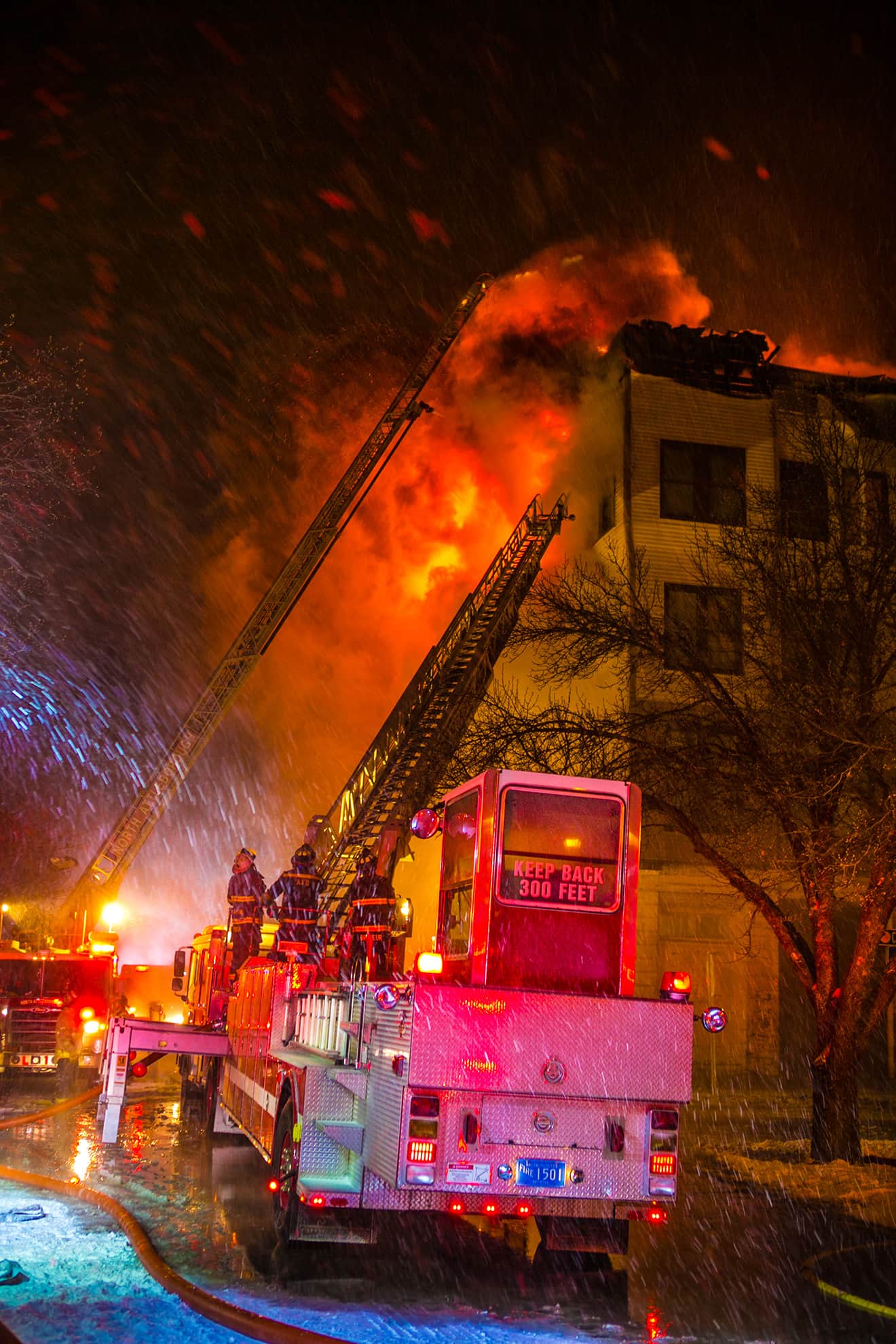Get the help you need right now 855-900-8437 Get Help Now
Get the help you need right now 855-900-8437 Get Help Now
August 24, 2017
More and more acts of violence or unexpected disasters are occurring in public places. Afterward, people may become fearful and overly aware of our surroundings, but many eventually forget and move on with their daily routines. Living in constant fear isn’t healthy, and being prepared for an emergency in any situation is a great way to eliminate unnecessary apprehension. This can become a natural habit, one that could save lives.
You can’t predict when or what type of emergency will occur, but you can increase your awareness of public places and make fast, simple assessments that could have a dramatic impact later. When you’re in public places that generally have crowds, such as concerts, malls, restaurants, sporting events and bars, you may not notice all of the available exit routes unless it’s part of your job. But being aware of these routes is extremely important. There have been many incidents, such as fires and mass shootings, in which lives could have been saved if people had used another exit instead of the route through which they entered.
Some simple observation habits can help prepare you and your loved ones. They can also ease some of the underlying worry that public disasters or acts of terror are completely out of our control.

Tips for Scouting Public Places for Safety:
If you’re struggling with substance abuse or PTSD, you’re not alone. The IAFF Center of Excellence for Behavioral Health Treatment and Recovery has helped countless fire fighters work through substance use disorders and the co-occurring conditions that often drive them. Admitting you have a problem is the first step to starting over, and asking for help is a true act of bravery. Reach out and speak to an intake coordinator today.